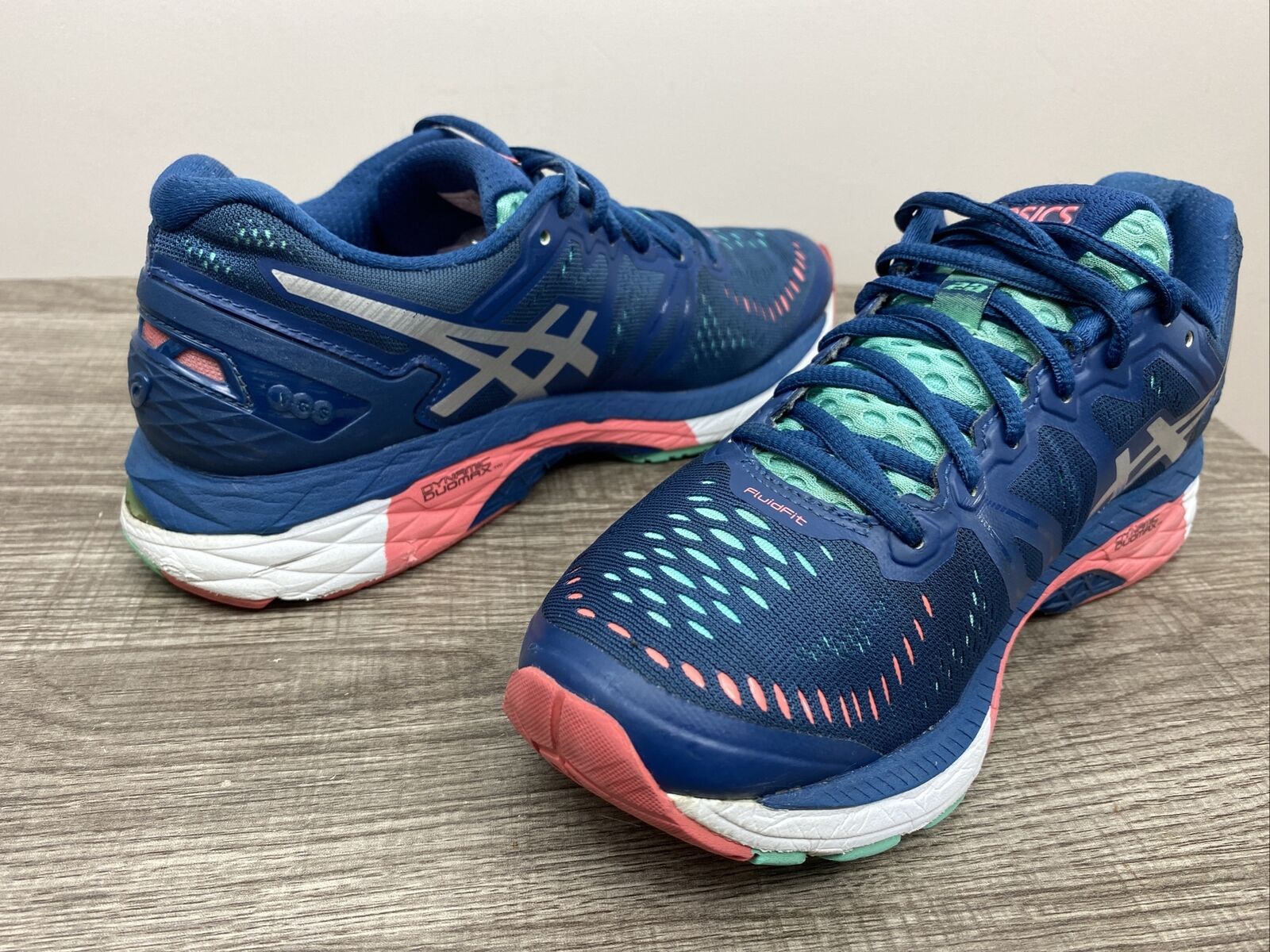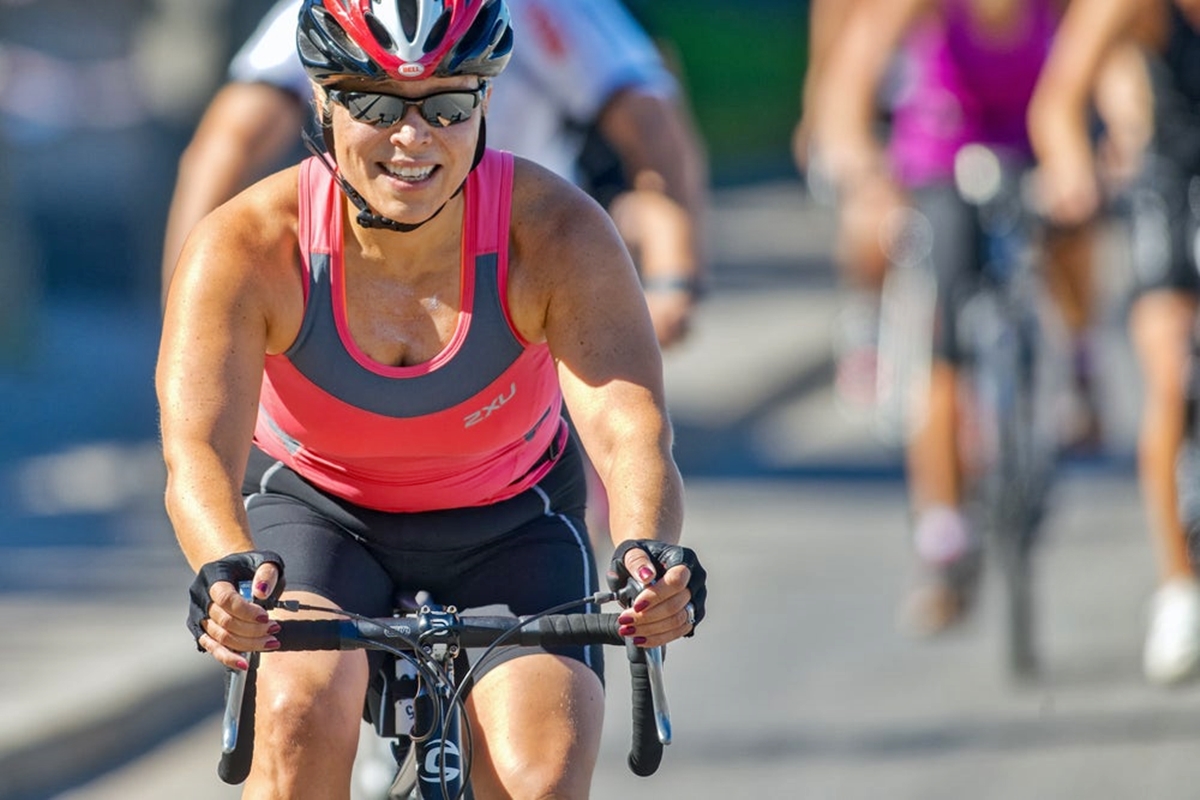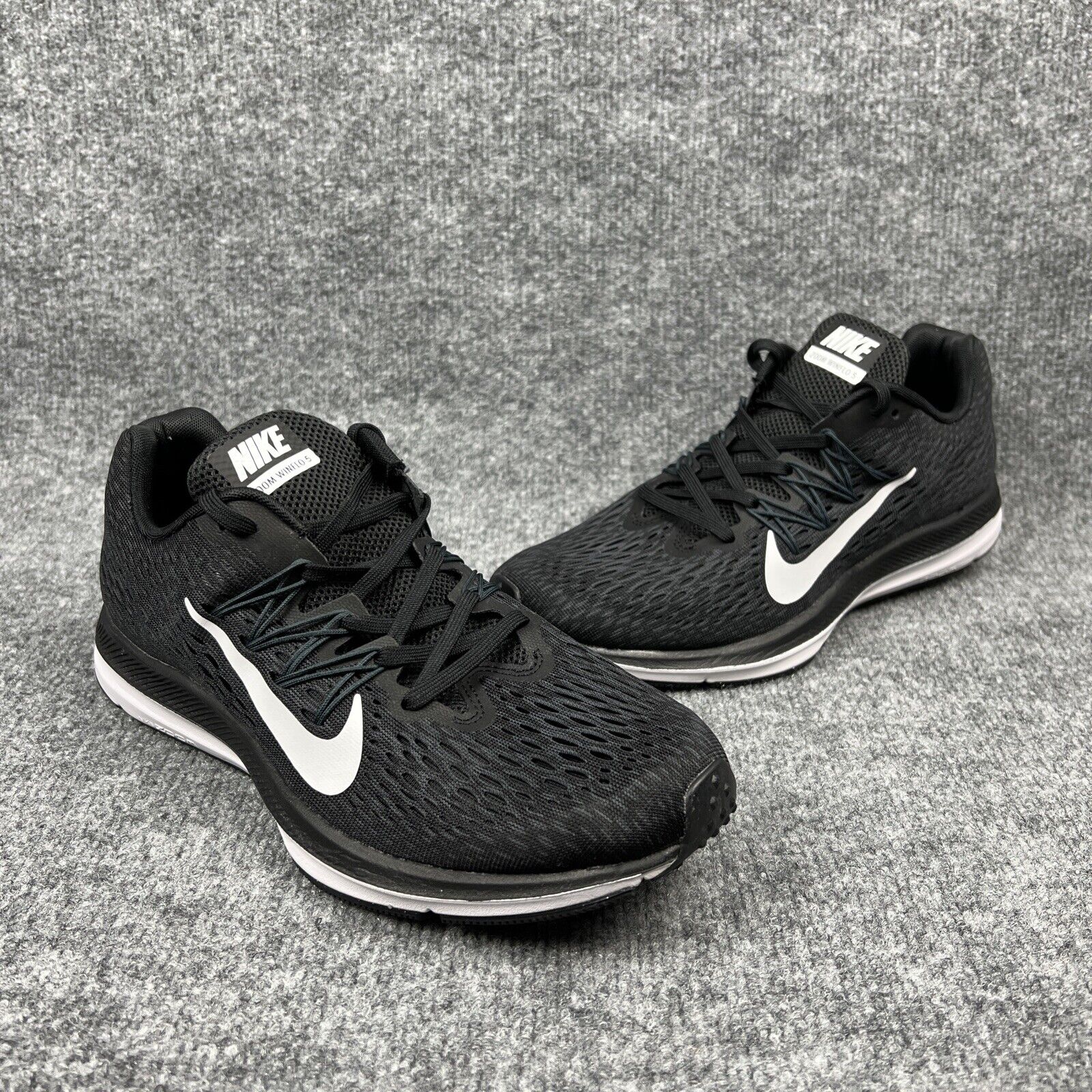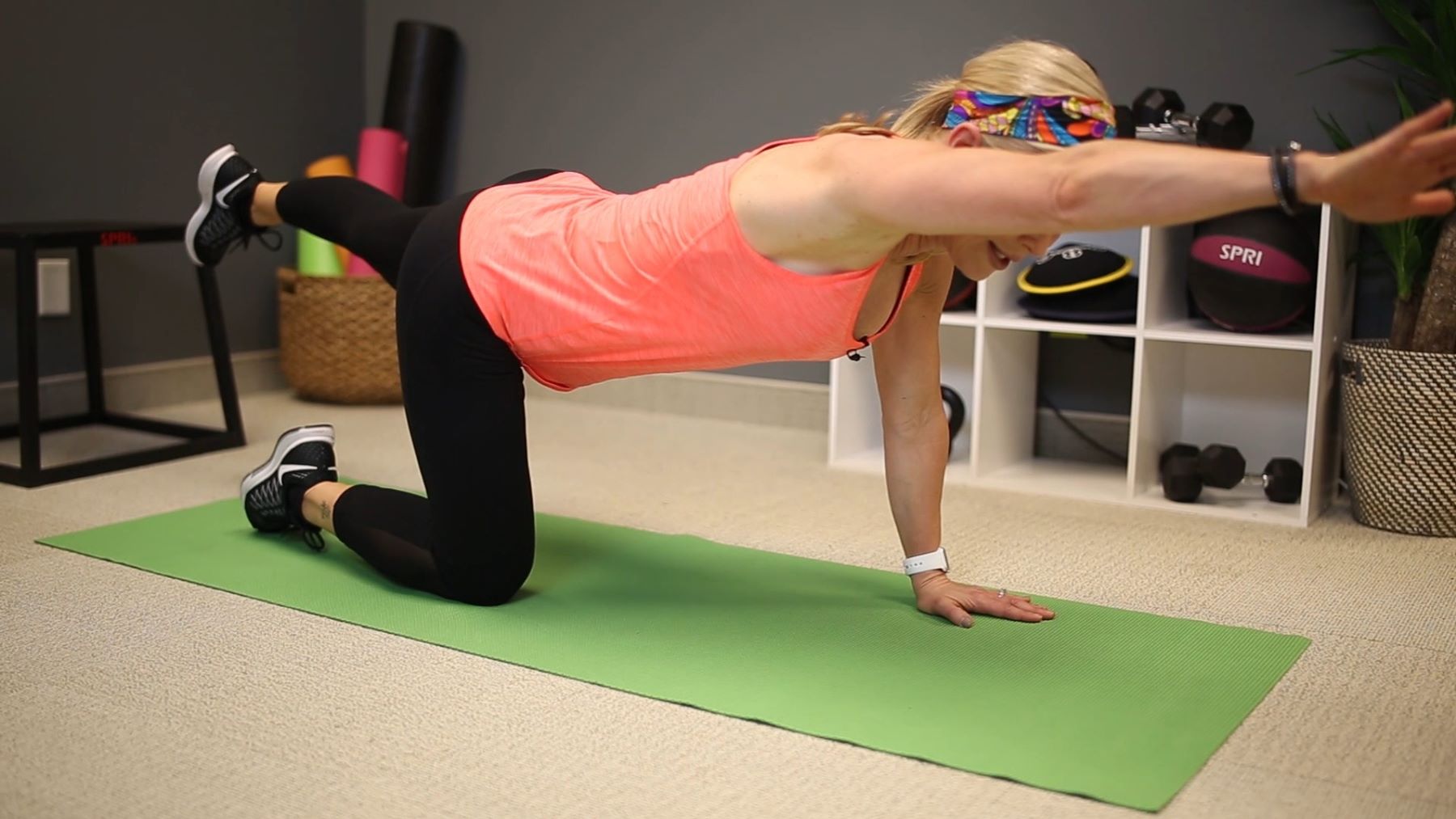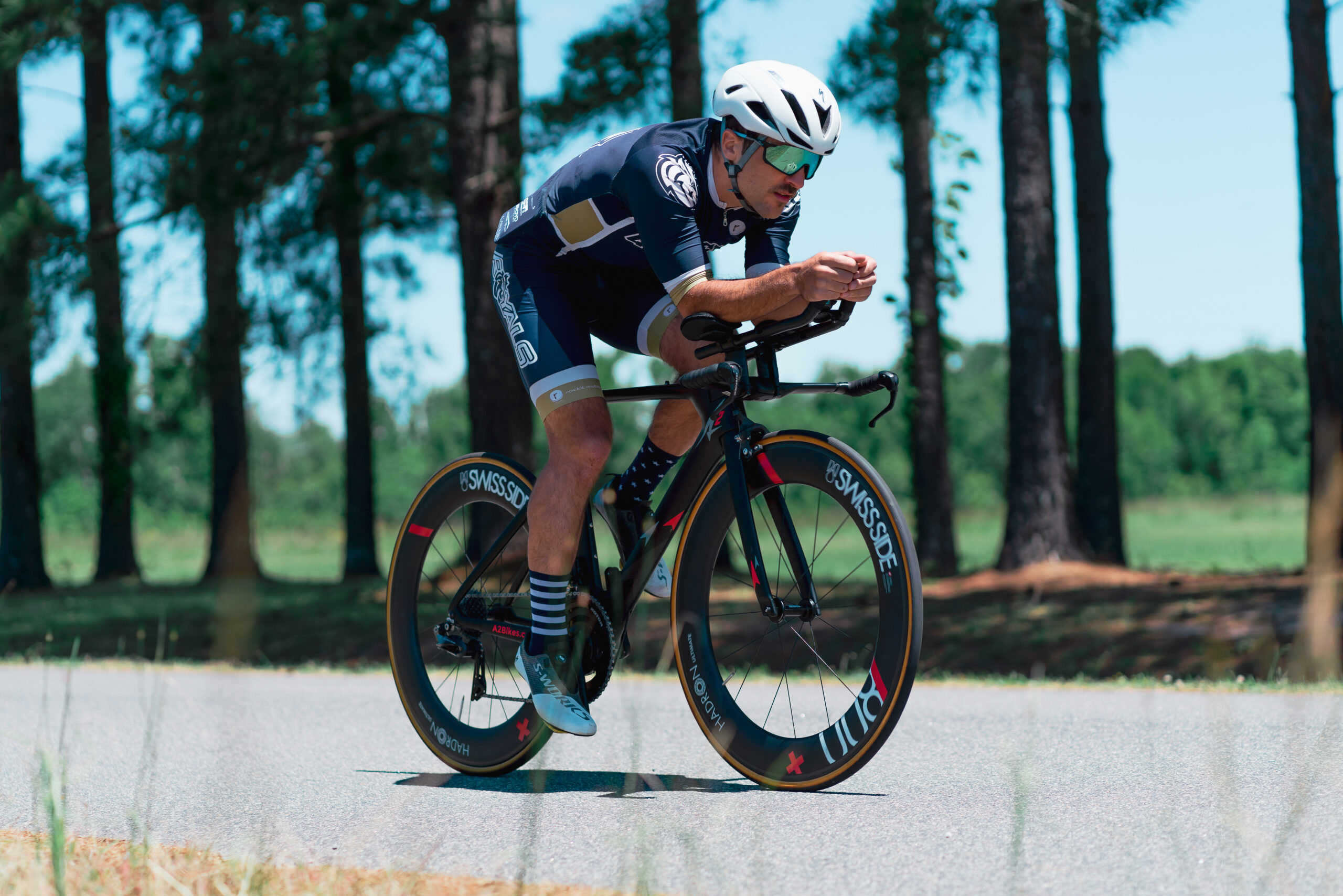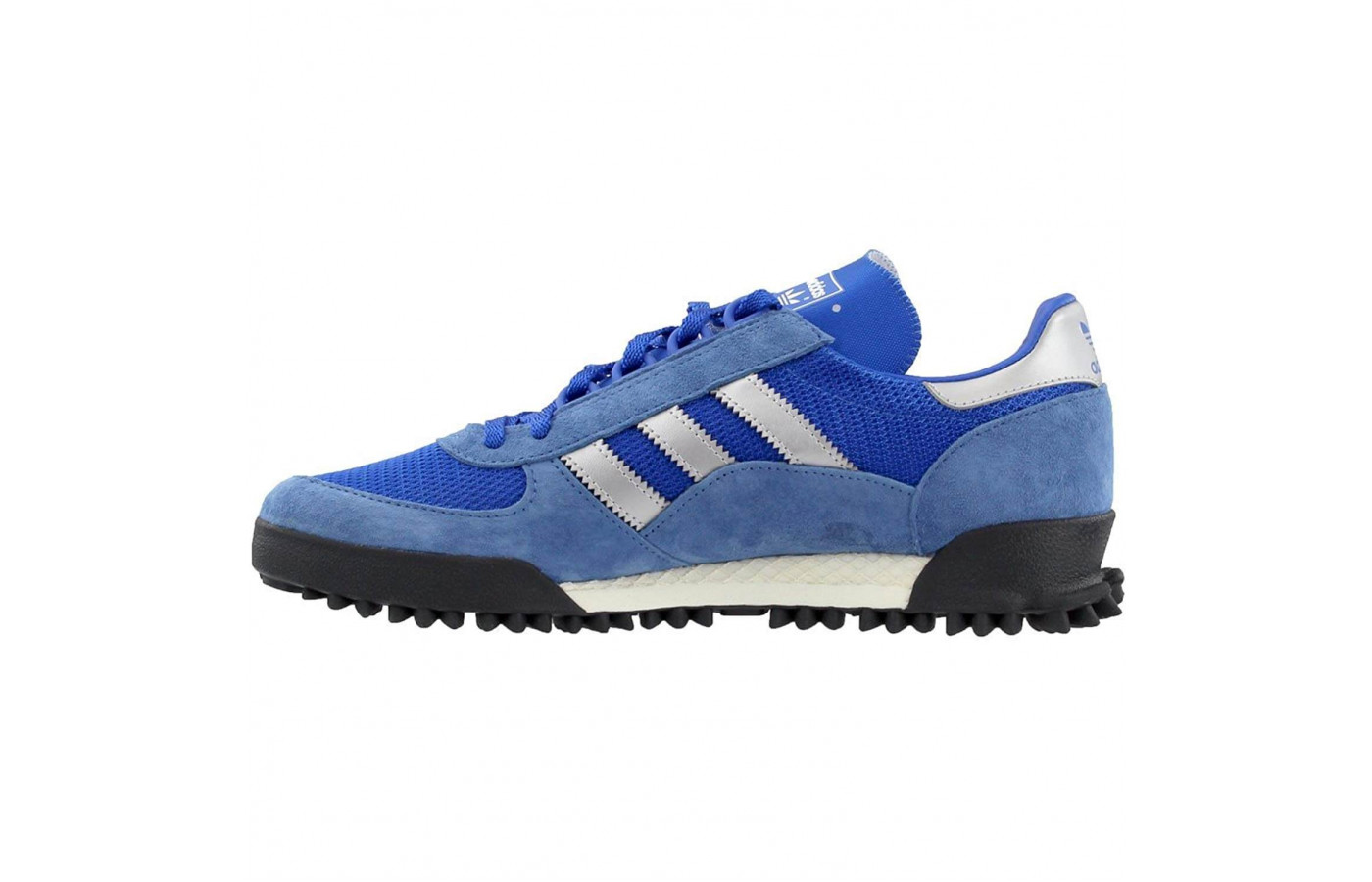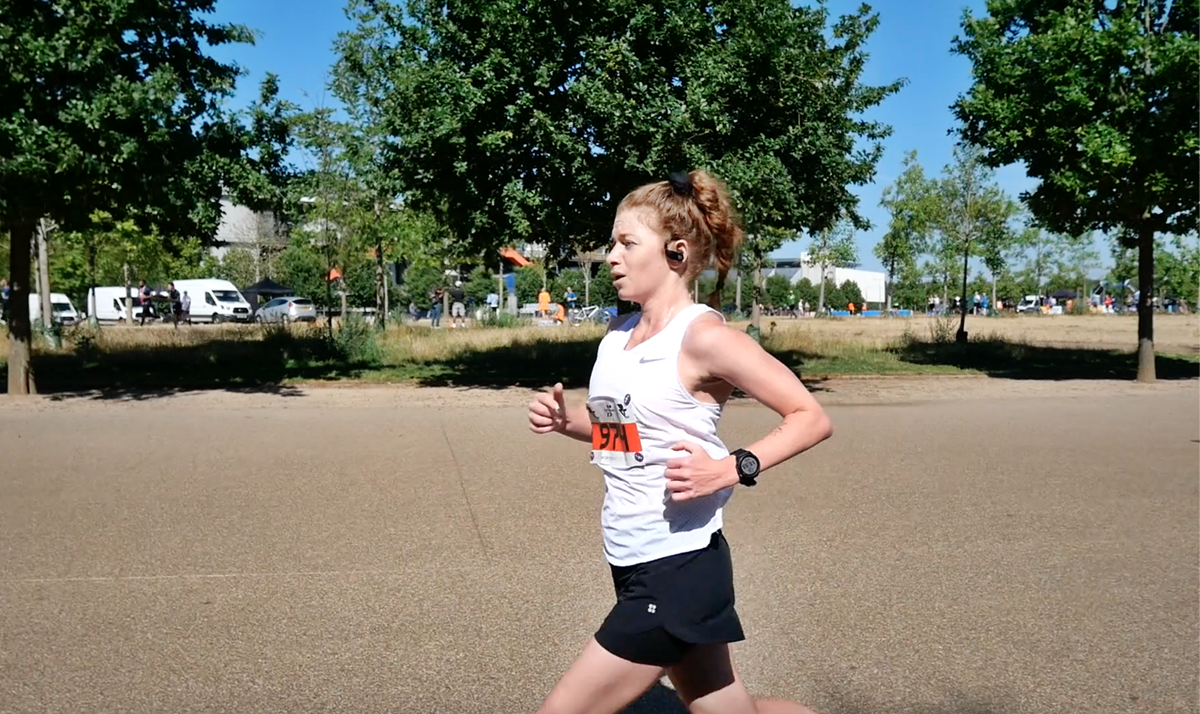Home>Misc>Featured>What Running Shoes Are Best For Female With Herniated Discs
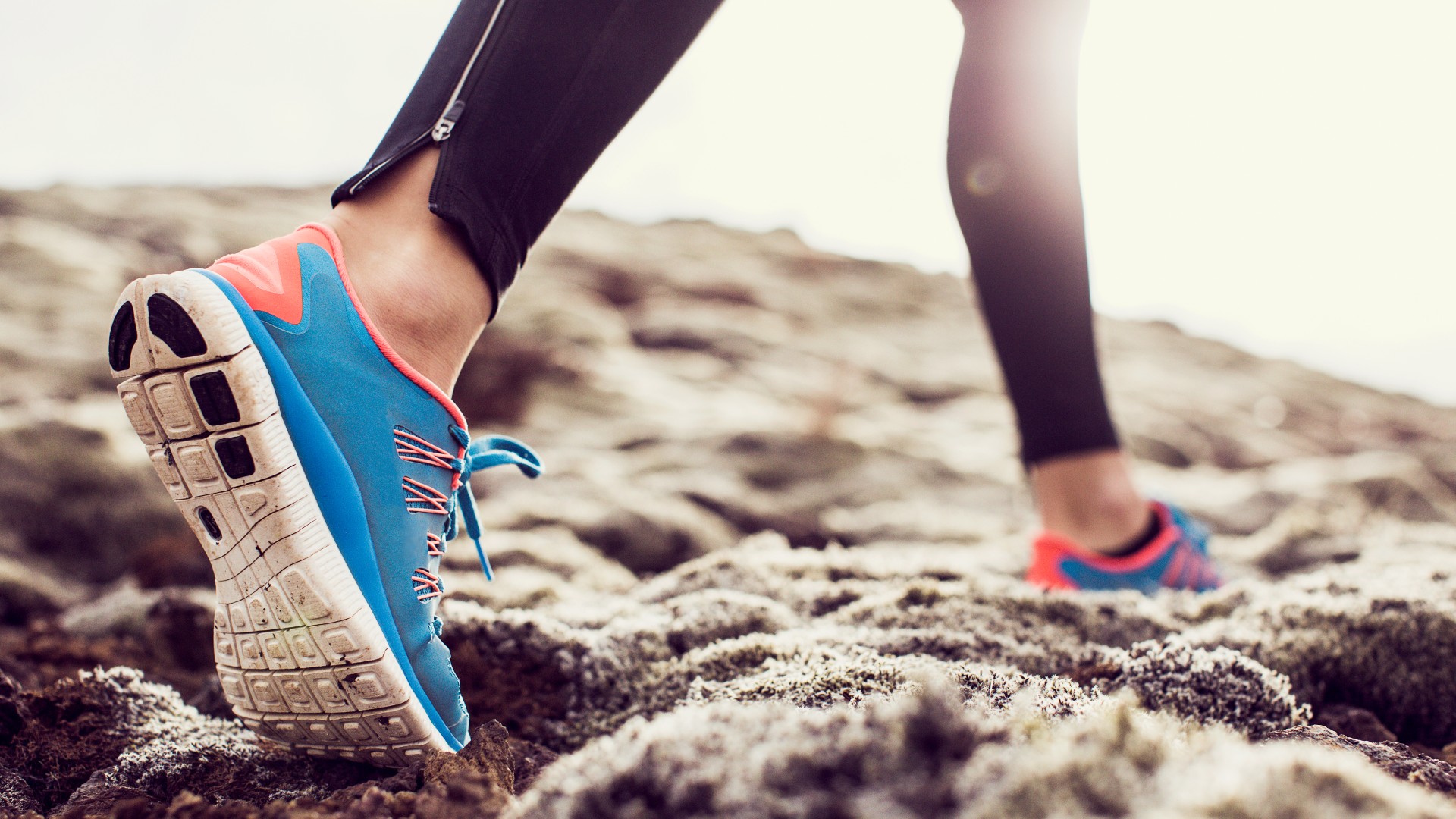

Featured
What Running Shoes Are Best For Female With Herniated Discs
Modified: May 22, 2024
Discover the best running shoes for females with herniated discs. Our featured collection offers support and comfort to aid in pain-free runs.
Introduction
Running is a popular form of exercise for many individuals, offering numerous physical and mental health benefits. However, for females who suffer from herniated discs, choosing the right running shoes becomes crucial. Herniated discs can cause pain, discomfort, and limited mobility, making it essential to find shoes that provide proper support and cushioning.
Herniated discs, also known as slipped discs or ruptured discs, occur when the soft cushioning discs between the vertebrae in the spine become damaged or dislodged. This can result in nerve compression, leading to pain, numbness, and weakness in the affected area. While the severity of symptoms can vary, running with a herniated disc can exacerbate the condition if not approached with caution.
The impact of running on herniated discs can vary from person to person. While some individuals with herniated discs may find running to be too painful or stressful on their spine, others may be able to continue running with modified techniques and proper footwear. It is important to consult with a healthcare professional to determine the best approach for managing your specific situation.
When it comes to running shoes, there are several key factors that females with herniated discs should consider. The right shoes can provide adequate support, cushioning, stability, and flexibility to minimize the impact on the spine and reduce the risk of further injury or discomfort. Additionally, choosing a shoe that fits properly and complements your foot type can enhance overall comfort and performance while running.
In this article, we will explore the best running shoes for females with herniated discs that prioritize comfort, support, and stability. Whether you are an avid runner or just starting out, these shoes can help reduce pain and provide the necessary support to continue enjoying the benefits of running. Remember, finding the right shoe is an individual process, and what works for one person may not work for another. Therefore, it is always important to try on different shoes and consult with a healthcare professional before making a final decision.
Understanding Herniated Discs
Herniated discs are a common spinal condition that can cause significant discomfort and limit mobility. To better understand how running can impact individuals with herniated discs, it is important to have a basic understanding of the condition itself.
The spine is made up of a series of small bones called vertebrae, which are stacked on top of each other. Between each vertebra, there are rubbery discs that act as shock absorbers and provide flexibility to the spine. These discs have a tough outer layer called the annulus fibrosus and a gel-like center known as the nucleus pulposus.
A herniated disc occurs when the soft nucleus pulposus ruptures or protrudes through the outer layer of the disc. This can happen due to a variety of factors, including age-related degeneration, trauma, repetitive stress, or improper lifting techniques. When the disc herniates, it can press against nearby nerves, resulting in pain, numbness, tingling, and muscle weakness in the affected area.
The symptoms experienced with a herniated disc can vary depending on the location and severity of the herniation. Commonly affected areas include the lower back (lumbar spine) and the neck (cervical spine). The level of pain and discomfort can range from mild to severe, and individuals may also experience limited range of motion and difficulty performing daily activities.
When it comes to running, the impact on herniated discs can be significant. The repetitive impact and jarring motion involved in running can put added stress on the spine, exacerbating the symptoms of a herniated disc. This is particularly true if the individual does not have proper form, wears unsupportive shoes, or runs on hard surfaces.
Engaging in physical activity is crucial for overall health and well-being, and it is possible for individuals with herniated discs to continue running with caution. However, it is important to listen to your body and take necessary precautions to minimize the risk of further injury or aggravation of symptoms. This includes seeking medical advice, modifying running techniques, and choosing appropriate running shoes that provide optimal support and cushioning.
In the next section, we will delve into the impact of running on herniated discs and discuss the key factors to consider when selecting running shoes for females with this condition.
Impact of Running on Herniated Discs
Running is a high-impact activity that can have both positive and negative effects on individuals with herniated discs. While regular exercise is important for overall health, it is crucial to understand how running can specifically impact the spine and the symptoms associated with herniated discs.
When a person with a herniated disc engages in running, the repetitive impact and jarring motion can put additional stress on the spine. This can lead to increased pain, discomfort, and even further damage to the affected disc. The compressive forces exerted on the spine during running can aggravate nerve compression, resulting in symptoms such as radiating pain, numbness, and tingling.
However, it is important to note that the impact of running on herniated discs can vary from person to person. Some individuals may find that running exacerbates their symptoms and choose to seek alternative forms of exercise, while others may be able to manage their condition with modifications to their running routine.
One key factor in determining the impact of running on herniated discs is the individual’s level of pain tolerance. Some individuals may experience minimal pain or discomfort during running, while others may find it unbearable. It is important to listen to your body and adjust your activity level accordingly. Pushing through excessive pain can lead to further damage and prolonged recovery.
The choice of running surface can also play a significant role in the impact on herniated discs. Running on hard surfaces, such as concrete or asphalt, can increase the stress on the spine compared to running on softer surfaces like grass or a track. Consider choosing a softer surface or using a treadmill with cushioning if you have a herniated disc.
In addition to the impact on the spine, running can also have positive effects on individuals with herniated discs. Regular exercise helps strengthen the muscles that support the spine, improving overall stability and reducing the risk of further injuries. Running can also help maintain a healthy weight, which relieves pressure on the spine and reduces the strain on herniated discs.
To minimize the impact of running on herniated discs, it is important to adopt proper running techniques and choose the right running shoes. In the following section, we will explore the key factors to consider when selecting running shoes for females with herniated discs.
Key Factors to Consider for Running Shoes
When selecting running shoes for females with herniated discs, it is important to consider several key factors that can maximize comfort, support, and stability. The right running shoes can help minimize the impact on the spine, reduce pain, and improve overall running experience. Here are the factors to keep in mind:
- Support: Look for shoes that provide adequate support, particularly in the arch area. A supportive shoe helps maintain proper alignment of the foot and reduces stress on the spine.
- Cushioning: Opt for shoes with ample cushioning to absorb shock and minimize the impact on the spine. Cushioned shoes can help reduce discomfort and provide a more comfortable running experience.
- Stability: Consider shoes that offer stability features, such as a firm midsole or medial posting. These features can help control excessive foot pronation, which can put strain on the spine.
- Flexibility: Look for shoes that offer a good balance of flexibility and support. Shoes that are too stiff can restrict natural foot movement, while shoes that are too flexible may not provide adequate support.
- Fit: Proper fit is essential for running shoes. Ensure that the shoes have enough room in the toe box to allow for toe movement. Avoid shoes that are too tight or too loose, as they can lead to discomfort and potential foot problems.
- Arch Type: Consider your arch type when selecting running shoes. Individuals with low arches (flat feet) may benefit from shoes with motion control, while those with high arches may require shoes with extra cushioning and flexibility.
- Heel Counter: The heel counter, which is the back part of the shoe that wraps around the heel, should provide a snug fit. A firm heel counter helps stabilize the foot and promotes proper alignment.
- Weight: Consider the weight of the shoes. Opt for lightweight options that don’t add unnecessary burden to your feet and legs, making your running experience more enjoyable.
- Previous Experience: Take into account your previous experience with running shoes. If you have had success with a particular brand or model in the past, it can be a good starting point for finding the right running shoes for your herniated discs.
It is important to remember that everyone’s feet and needs are unique, so what works for one person may not work for another. It is advisable to try on different shoes, consult with a healthcare professional, and consider a professional gait analysis to determine the best running shoes for your specific condition.
Now that we have discussed the key factors to consider, let’s explore the best running shoes for females with herniated discs in the next section.
Best Running Shoes for Females with Herniated Discs
When it comes to choosing the best running shoes for females with herniated discs, there are several options available that prioritize comfort, support, and stability. These shoes are designed to provide proper cushioning and shock absorption to minimize the impact on the spine and reduce the risk of further discomfort or injury. Here are some top recommendations:
- Brooks Ghost: The Brooks Ghost is known for its exceptional cushioning and comfort. It offers a balanced combination of support and flexibility, making it suitable for females with herniated discs. The shoe’s midsole provides excellent shock absorption, allowing for a smooth and comfortable ride.
- New Balance Fresh Foam 1080: This shoe is praised for its plush cushioning and support. The Fresh Foam midsole delivers optimal shock absorption, while the wide toe box accommodates natural foot movement. It offers stability features that can benefit individuals with herniated discs.
- ASICS Gel-Kayano: ASICS Gel-Kayano is a popular choice among runners with its superior stability and cushioning. The shoe features ASICS’ Gel cushioning system, which helps absorb impact and reduce stress on the spine. It provides excellent arch support and comfort, making it suitable for females with herniated discs.
- Hoka One One Bondi: The Hoka One One Bondi is known for its maximum cushioning and excellent shock absorption properties. It features a thick midsole that provides a soft and comfortable feel while still maintaining stability. The shoe’s rocker sole also helps alleviate pressure on the spine.
- Nike Air Zoom Pegasus: The Nike Air Zoom Pegasus is a versatile running shoe that offers a combination of cushioning and responsiveness. It features Zoom Air units in the heel and forefoot to provide effective shock absorption. The shoe’s breathable upper and lightweight design make it a comfortable option for females with herniated discs.
While these are some of the best running shoes for females with herniated discs, it is important to keep in mind that individual preferences and needs may vary. What works for one person may not work for another. It is recommended to try on different shoes, preferably with the help of a professional, and assess their comfort, fit, and support before making a final decision.
Additionally, it is crucial to consult with a healthcare professional, such as a physical therapist or orthopedic specialist, who can provide personalized advice based on your specific condition and running goals.
Remember, finding the right running shoes is a critical step in maintaining a safe and enjoyable running routine with herniated discs. Prioritize comfort, support, and stability, and make sure to listen to your body to prevent further injury or discomfort. Happy running!
Conclusion
Running can be a beneficial form of exercise, even for females with herniated discs. However, it is important to approach running with caution and take necessary measures to minimize the impact on the spine. By choosing the right running shoes that prioritize comfort, support, and stability, females with herniated discs can continue to enjoy the benefits of running while reducing the risk of further discomfort or injury.
Understanding herniated discs and their impact on the spine is crucial in making informed decisions about running. It is recommended to consult with a healthcare professional to determine the most suitable running routine for your specific condition.
When selecting running shoes, consider factors such as support, cushioning, stability, flexibility, fit, arch type, heel counter, weight, and previous experience. By prioritizing these factors and trying on different shoes, you can find the perfect fit that aligns with your unique needs and preferences.
Some of the top running shoe recommendations for females with herniated discs include the Brooks Ghost, New Balance Fresh Foam 1080, ASICS Gel-Kayano, Hoka One One Bondi, and Nike Air Zoom Pegasus. However, it is important to remember that individual preferences may vary, and what works for one person may not work for another.
Above all, it is crucial to listen to your body and make adjustments as needed. If running becomes too painful or exacerbates your symptoms, it may be necessary to explore alternative forms of exercise that are gentler on the spine.
Remember, finding the right running shoes is just one piece of the puzzle. Incorporate proper running techniques, adequate warm-up and cool-down routines, and strength and flexibility exercises to support your spine and minimize the risk of further injury or discomfort.
With the right approach, females with herniated discs can continue to enjoy the physical and mental benefits of running while maintaining a healthy and pain-free lifestyle.
